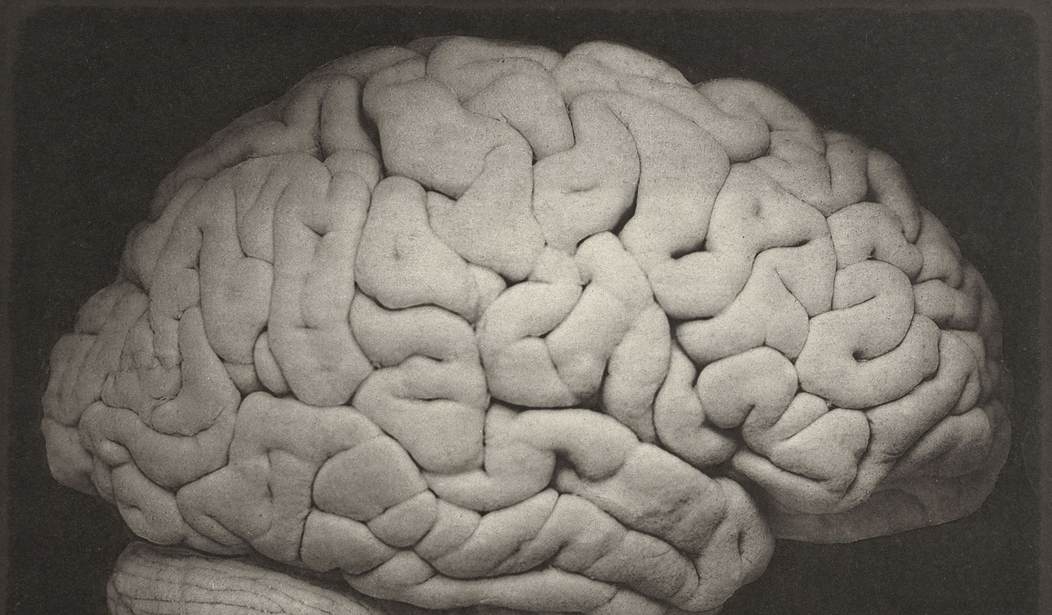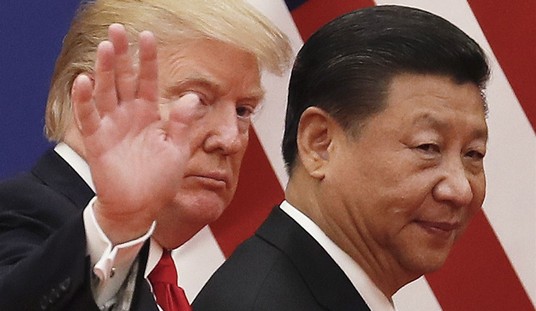Between artificial womb baby factories, brain microchips, digital IDs, and “designer babies,” it seems increasingly as if scientists are getting their inspiration from dystopian science fiction. The latest idea being reported on is “organoid intelligence,” which is basically AI powered by human brain cells–the combination of human brain cells and computers.
Popular Mechanics reports that researchers “plan to grow clumps of brain cells called organoids and create technology that would allow us to turn those clumps of cells into powerful and efficient computers.” While complex equations are more easily solved by computers, technology just can’t equal the learning, memory, and energy efficiency of human brains, according to Popular Mechanics. So the authors of a new journal article propose to combine computers and human brain cells into “organoid intelligence” or OI.
From the Popular Mechanics article: ”These researchers hope to use samples of human tissue to grow small collections of brain cells that they could use in place of standard silicon computer chips.” These cell clusters are “organoids.” Scientists estimate that they require organoids at the 10-million-cell size to run a computer and approximate human memory capabilities. They also need tech to communicate with the organoids.
“Progress” has been made in the field of OI. Popular Mechanics reports that researchers have developed a “flexible shell that is densely covered with tiny electrodes that can both pick up signals from the organoid, and transmit signals to it.” Scientists also hope they can identify and fix neurological problems with the OI technology.
Popular Mechanics did admit that the prospect of OI raises ethical issues. “Is it okay to use people’s cells to make computers? Could a computer made of human cells develop a consciousness? And if it does, is it okay to keep that consciousness locked into the role of a computer?” the outlet wondered.
But I perceive another problem with this sort of experimentation. What ultimately makes every single human being unique is his soul. Of course, most scientists are atheists who don’t believe in the soul, but that is precisely the problem. The more the material lines are blurred between humans and AI, and the more people are encouraged to believe that there is scarcely any difference between computers and humans, the less value there will be for human life; and the more material, and thus objectified, the view of humans will be. And elitists already have little enough value for individual human life as it is.
The World Economic Forum’s (WEF) Klaus Schwab voiced this exact goal of blurring lines between human and tech in a 2016 article. “Now a Fourth Industrial Revolution is building on the Third, the digital revolution that has been occurring since the middle of the last century. It is characterized by a fusion of technologies that is blurring the lines between the physical, digital, and biological spheres,” he said. He added that AI and biotechnology “are redefining what it means to be human“ in a way that “will compel us to redefine our moral and ethical boundaries.” Schwab is supportive of this revolution, by the way. And considering that the WEF is partnered with hundreds, if not thousands. of businesses, scientists, and government officials in dozens of countries, what WEF says is actually being supported and furthered by key leaders around the world, including the Biden administration. It’s not a fringe pipe dream.
The Covid lockdowns provided us with a good example of just how little the medical elite and their allies really care about the harms done to individual humans. No matter how disastrous the lockdowns, masking, and vaccines were, the scientists and doctors still boast about their decisions and literally call themselves superheroes. Organoid intelligence seems to be just one more dangerous step down the slippery slope of the redefinition of humanity.










